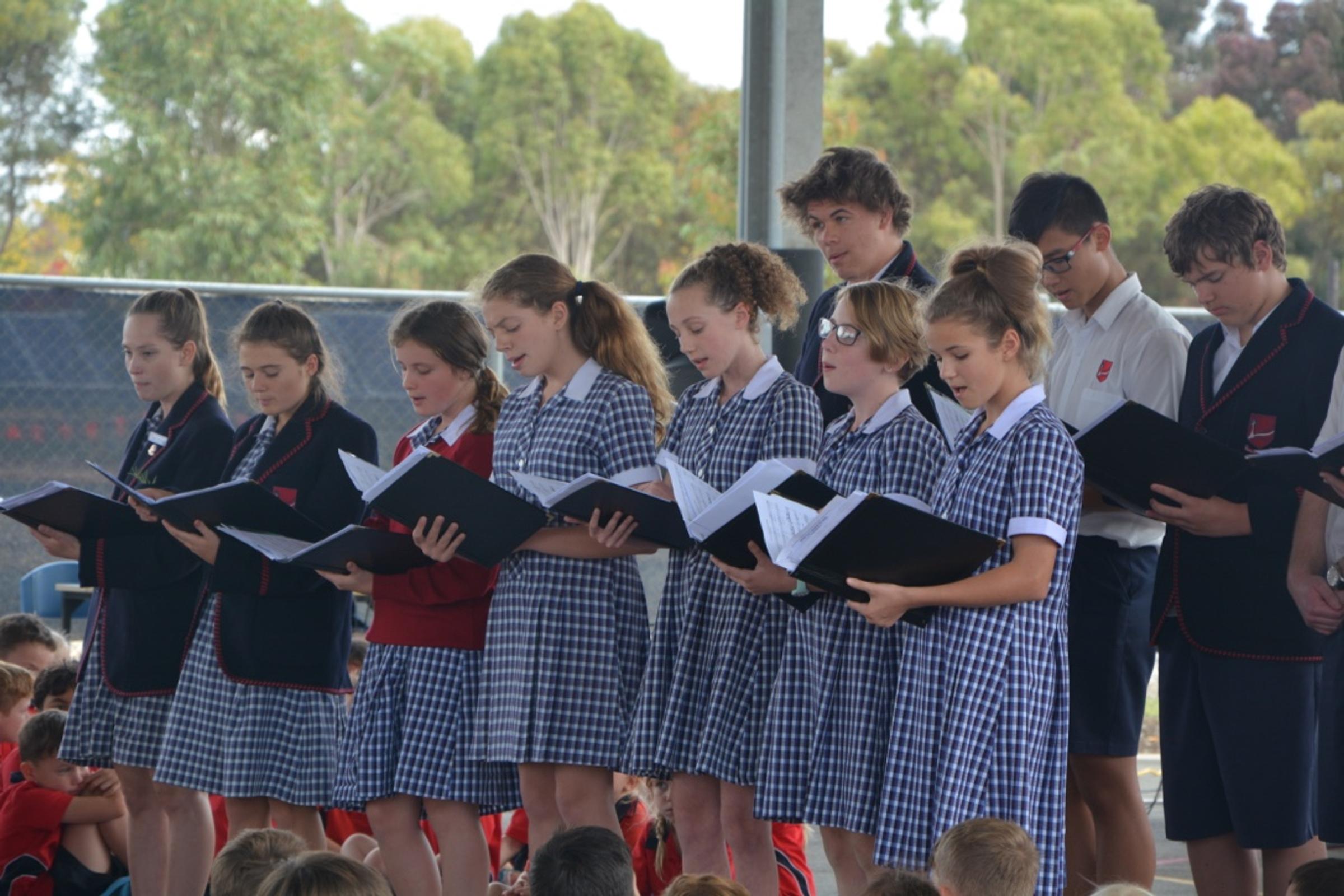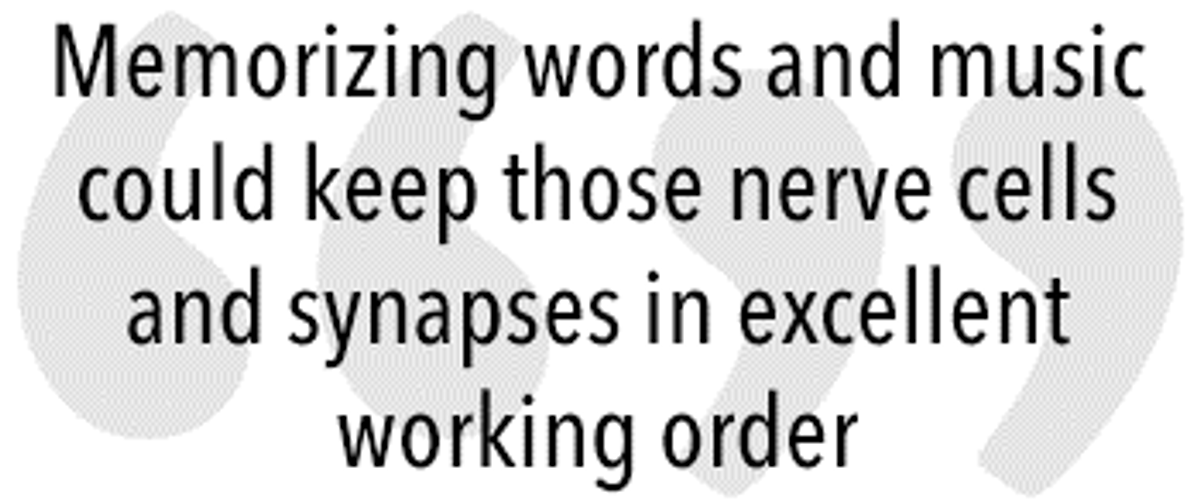Joining Vocal Ensembles

An Invitation to Students to Join our Vocal Ensembles
We have exciting things planned for our Co-curricular Music Program this year and we are thrilled to offer an opportunity for students to join our Primary and Secondary vocal ensembles. In addition, students in our vocal ensembles will be invited to participate in an upcoming workshop with an Australian National Choral Association (ANCA) clinician to further their vocal learning and experiences.
At MAG, we offer two vocal ensembles and encourage any students who enjoy singing and music to join.
Our Primary vocal ensemble, Jr. Singers, is open to students in Years 3-6. Rehearsals for 2019 will commenced on Wednesday 21 February (Week 4) during lunchtimes in JS4 with Mrs Sarah Hemmings and Mrs Fiona Gibbs.
Our Secondary vocal ensemble, MAG Singers, is open to all Secondary students from Years 7-12. Rehearsals commenced on Friday 15 February (Week 3) from 8-8:45 am in the Hall, led by our vocal tutor Victoria Pannett and accompanied by Mrs Fiona Gibbs.
The foundation for all music education is based first and foremost around singing and the voice. Not only is singing in a group beneficial for all musicians, it is a core and fundamental element in society, improves aural skills, musical literacy, and confidence in performance – and of course, can be extremely fun!
Participation in our vocal ensembles does not incur a cost however a high level of individual commitment to attend weekly rehearsals will be required to ensure the ensemble is able to progress.
Please don’t hesitate to contact
Mrs. Fiona Gibbs fgibbs@moamagrammar.nsw.edu.au
3 Top Reasons To Sing in a Choir!
1. Improve your chops!
Take this opportunity to train your ear, learn how to sing a harmony part (and hold on to it), and get used to singing and working collaboratively with other musicians. Learn to manoeuvre your voice around by singing in different styles and genres.
2. Your Brain Will Remain Active
Learning new songs and making new musical memories is a great investment in your brain’s future. Neuroscientists have shown that musical memories engage broader neural pathways than other types of memories. That’s why hearing an old song can flood you with very specific emotions and visual cues. Dementia and Alzheimer’s patients routinely remember songs from their youth and it can be a beautiful phenomenon to witness. Additionally, doctors are now finding that singers have more circuit connections between the right and left sides of their brains than non-singers. Memorising words (left brain function) and music (right brain function) could keep those nerve cells and synapses in excellent working order and that means more invigorating life experiences!
3. Your Heart Will Soar!
We mean this both physically and emotionally. Firstly, singing is an aerobic workout. As you repeatedly inhale and exhale, your blood and muscles get oxygenated. Studies show that “feel-good” hormones like endorphins, dopamine and oxytocin are being manufactured at a higher level than when not singing. Being one of many voices singing together for common joy can bring so much exhilaration!
So sing. Sing a song. Sing out loud. Sing out strong.

